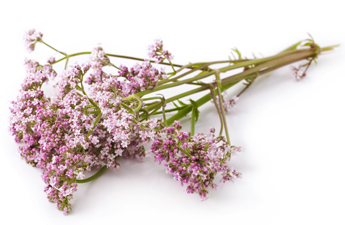The female body is very complex and goes through many major changes that can greatly alter hormonal balance. Our body’s messengers, hormones, dictate many of our essential actions including mood, appetite, focus, and sleep. From monthly menstruation and PMS, to potentially pregnancy and post-partum, and eventually menopause, women are faced with cyclical changes that can directly alter how they function day-to-day. Not to mention the other life stressors and responsibilities that come with being a mom, boss lady, girlfriend, wife, best friend, etc.!
In addition to a healthy routine involving ample exercise, sleep, clean eating, and hydration, herbs can be a great tool to help with maintaining a healthy, balanced body. Balanced hormones = good mood, good sleep, good health.
**Please note: Not all of these herbs are safe to be used during pregnancy and breastfeeding. Please consult your primary care doctor before consuming any herbs if you are pregnant, expecting, on any medications, and/or have any underlying conditions.
Here are a few herbs for women’s health.
Damiana
Historically known as a potent feminine aphrodisiac, damiana is a herb we think every woman should keep handy. It works by increasing circulation and sensitivity to female organs, making it a powerful tool for addressing low libido. It also has anxiolytic (anti-anxiety) properties¹, which can help with managing stress and relaxing for a night of self-love. We enjoy it as a healthy drink substitute, check out this recipe for our famous alcohol-free Damiana Mojito! Additionally, it is a kidney tonic which many of our herbalists suggest can be helpful with managing symptoms of UTIs.
Raspberry Leaf
Raspberry leaves have been long valued in pregnancy to strengthen and tone the tissues of the uterus. As an astringent, raspberry leaf is valuable for excessive menstruation, as well as diarrhea and leukorrhea. In addition, its antiseptic² and astringent properties make it useful for mouth problems such as ulcers, bleeding gums, and as a gargle for sore throats. As it is safe to consume during pregnancy, herbalists will suggest this to be taken regularly as a tea in the last trimester of pregnancy, since it can be really helpful for the birthing process and help strengthen contractions during labour.
Red Clover
Red clover is one of the richest sources of phytoestrogens, which have a high affinity to estrogen receptors in the brain³, and is therefore used by herbalists for menopause, PMS, irregular periods, breast health, and more hormone-related health issues. Red clover is considered an alterative herb, helping gradually restore proper bodily functions. Sometimes referred to as a blood cleanser, it assists in detoxification and can be used for chronic skin conditions such as eczema and psoriasis. It is traditionally used for respiratory problems such as coughs, bronchitis, and asthma due to its antispasmodic and expectorant actions.
Nettle
Nettle is highly nutritious, high in iron and minerals, and is a great tonic for the whole body, especially during menstruation and menopause. It cleanses and restores vitality, which makes it a useful tool for low iron levels during menstruation and anemia. It is invaluable in chronic diseases of the colon. Nettle’s ability to clear uric acid wastes and clean the blood makes it a wonderful remedy for eczema, gout, arthritis, and kidney stones.
Mugwort
Mugwort aids digestion via its bitter principal and carminative essential oils. It has a mildly nervine action, easing tension and assisting with low moods that can be associated with PMS. It encourages the flow of blood and is a muscle and uterus relaxant and thus helpful during menstruation to ease the pain of cramps, but should be strictly avoided during pregnancy.
Dong Quai
Dong quai is revered in Traditional Chinese Medicine for the treatment of menstrual cramps, irregularity, delayed flow, and weakness, as well as the symptoms of menopause. It acts on the blood by nourishing, tonifying and purifying, and can be beneficial with helping low mineral levels, such as iron with anaemia. Dong quai also warms the body by increasing peripheral circulation, protects and nourishes the liver, and is a gentle laxative for chronic constipation.
¹ Pharmacological evaluation of Bioactive Principle of Turnera aphrodisiaca. https://www.ncbi.nlm.nih.gov/pmc/articles/PMC3040867/
² Red Raspberry Leaves Contain Astringent Tannins for Sore Throats. https://wa.kaiserpermanente.org/kbase/topic.jhtml?docId=hn-
³ Phytoestrogens derived from red clover: An alternative to estrogen replacement therapy? https://pubmed.ncbi.nlm.nih.gov/15876415/
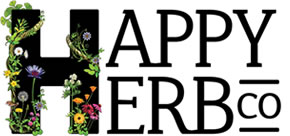
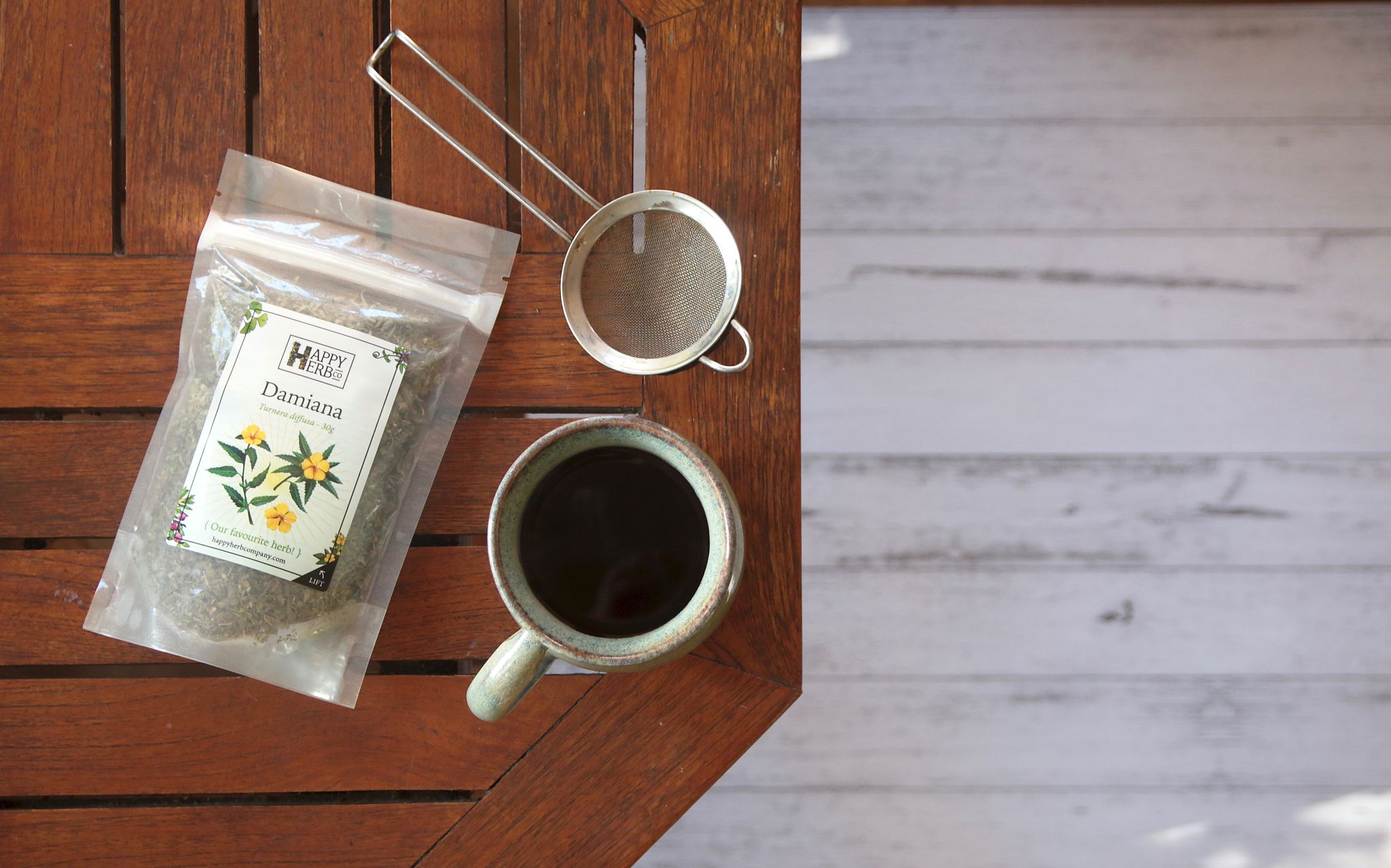
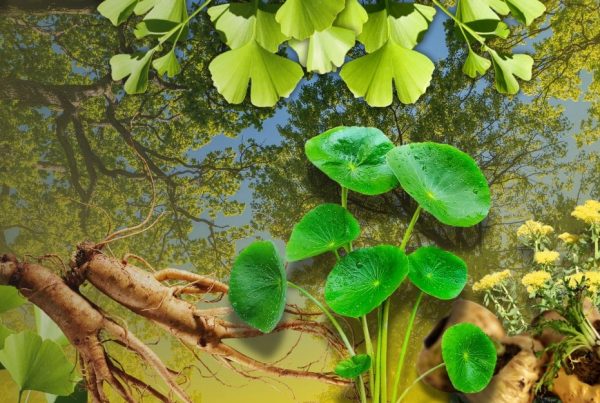
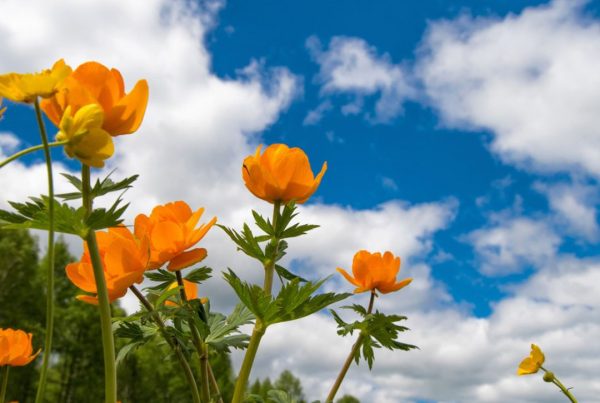
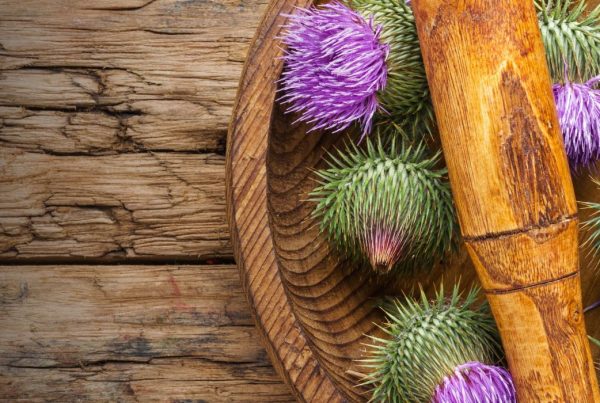
 Nextwave
Nextwave